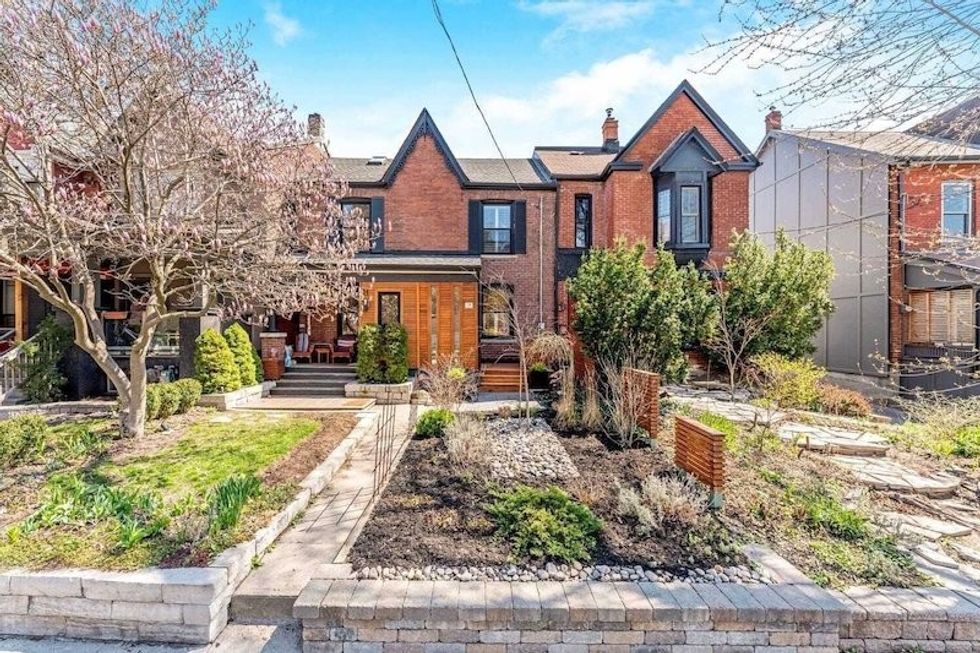There’s a lot you need to know when navigating the world of mortgages. And, if you’re not careful, it’s quite easy to get tripped up in the lingo, the procedures, and the payments. (Not to mention the penalties.)
This is why we’ve recruited Jerome Trail, owner and broker of record at The Mortgage Trail, to answer the most important questions homebuyers and homeowners should understand before moving forward in their mortgage process.
Today, Trail is sharing his insight on what income is needed to secure a $1M mortgage.
And for those whose income could be called “non-traditional” (read: self-employment, commission, and the like), Trail sheds light on varying options for you, too.
READ: What’s the Run-Down on Canada’s Mortgage ‘Stress Test’?
"With the most client-friendly of lenders, the rule of thumb is that we can secure about six times a household income in mortgage financing,” says Trail. “Working backwards from $1M, that would be roughly $167,000 of household income to make it work."
For someone whose income is “traditional,” be that salaried, hourly, or other, the process from here is straightforward: Contact your mortgage broker, assemble your documents, put forth an application, and cross your fingers.

But if your employment circumstances are unique, Trail says some deviations off the typical course may be necessary.
"People with non-traditional incomes (eg. self-employed, commissioned, etc.) often have challenges with qualifying, as they are accustomed to writing off as much of their income as possible in order to avoid paying income tax. Hence, we are often looking at alternative lenders, who usually charge a slight premium, in order to 'get the deal done.’” he explains.
If evidence of enough cash-flow can be presented on behalf of a potential owner, in any case, Trail says there are a “variety of options available” when it comes to securing a $1M mortgage.
Some examples of these options include:
A) Seeking out an “everyday great lender,” who offers a “competitive rate and excellent terms and conditions (eg: 5-Year Fixed at 2.34% today).” In this case, mortgage financing for $1M will require $167,000 of combined household income.
B) Working with “a half-decent lender,” borrowers can expect a slightly higher rate, which permits them to qualify for a smidge more than what they could access via Option A; (eg: 5-Year Fixed at 2.84% today). In this case, $1M mortgage financing requires $143,000 of combined household income.
C) “Alternative lenders” charge a higher rate, alongside a Lender Fee (eg: 3-year fixed at 3% today, plus 1% Lender Fee). While the charges in this circumstance are higher, $1M mortgage financing requires just $125,000 of combined household income. What’s more, Trail says Gross Income levels (pre-taxes) can be assessed in this case, if required.
Whether the numbers are clearly adding up, or they're nearly adding up, and you want to know how to stretch them for all they're worth, working with a knowledgable mortgage broker can help you determine if securing a $1M mortgage is in your cards.
Have another mortgage question or looking for mortgage advice? Contact Jerome at The Mortgage Trail — mention STOREYS and you’ll receive a free appraisal!
This article was produced in partnership with STOREYS Custom Studio.





















